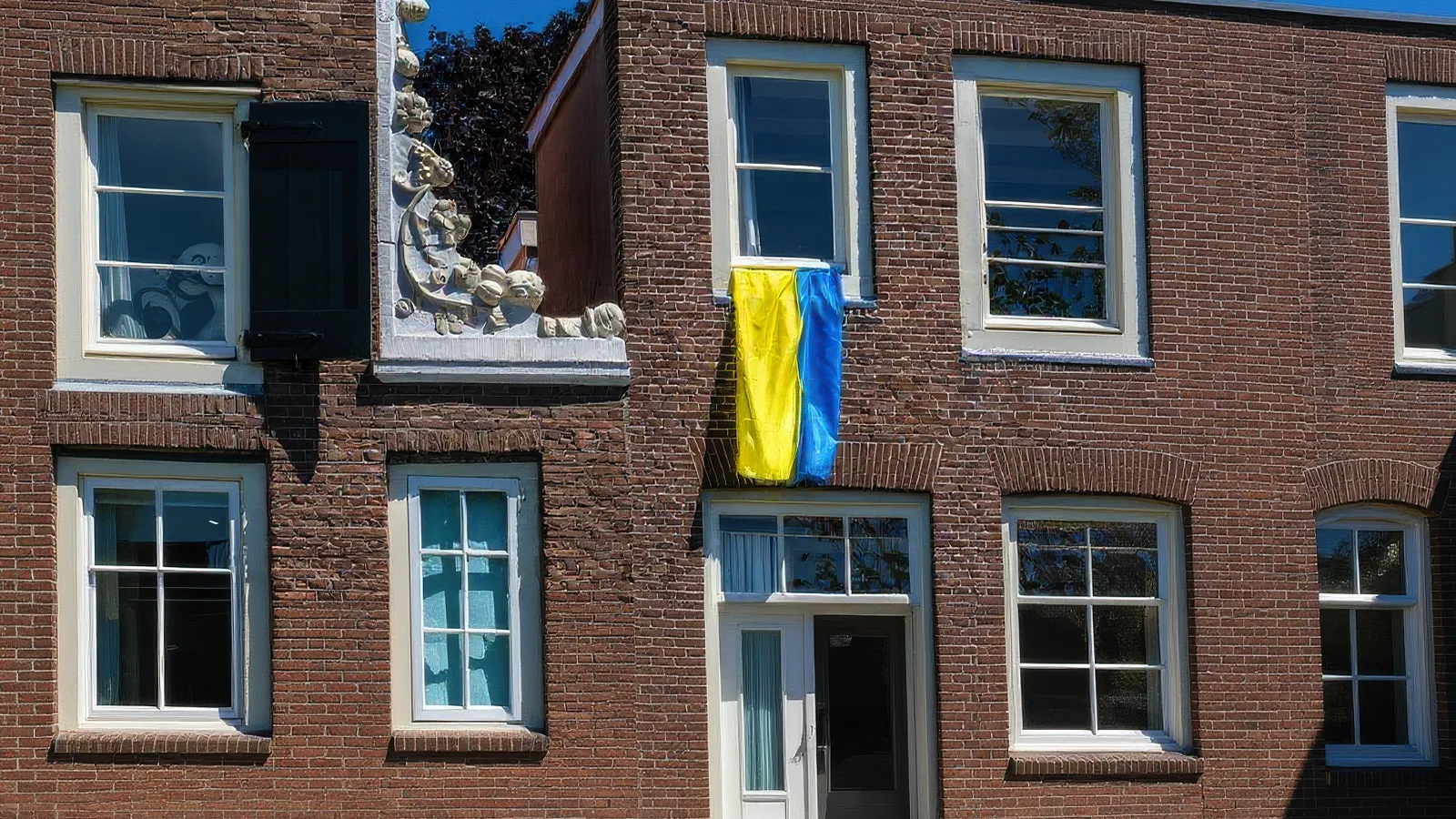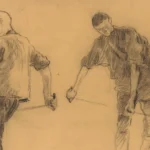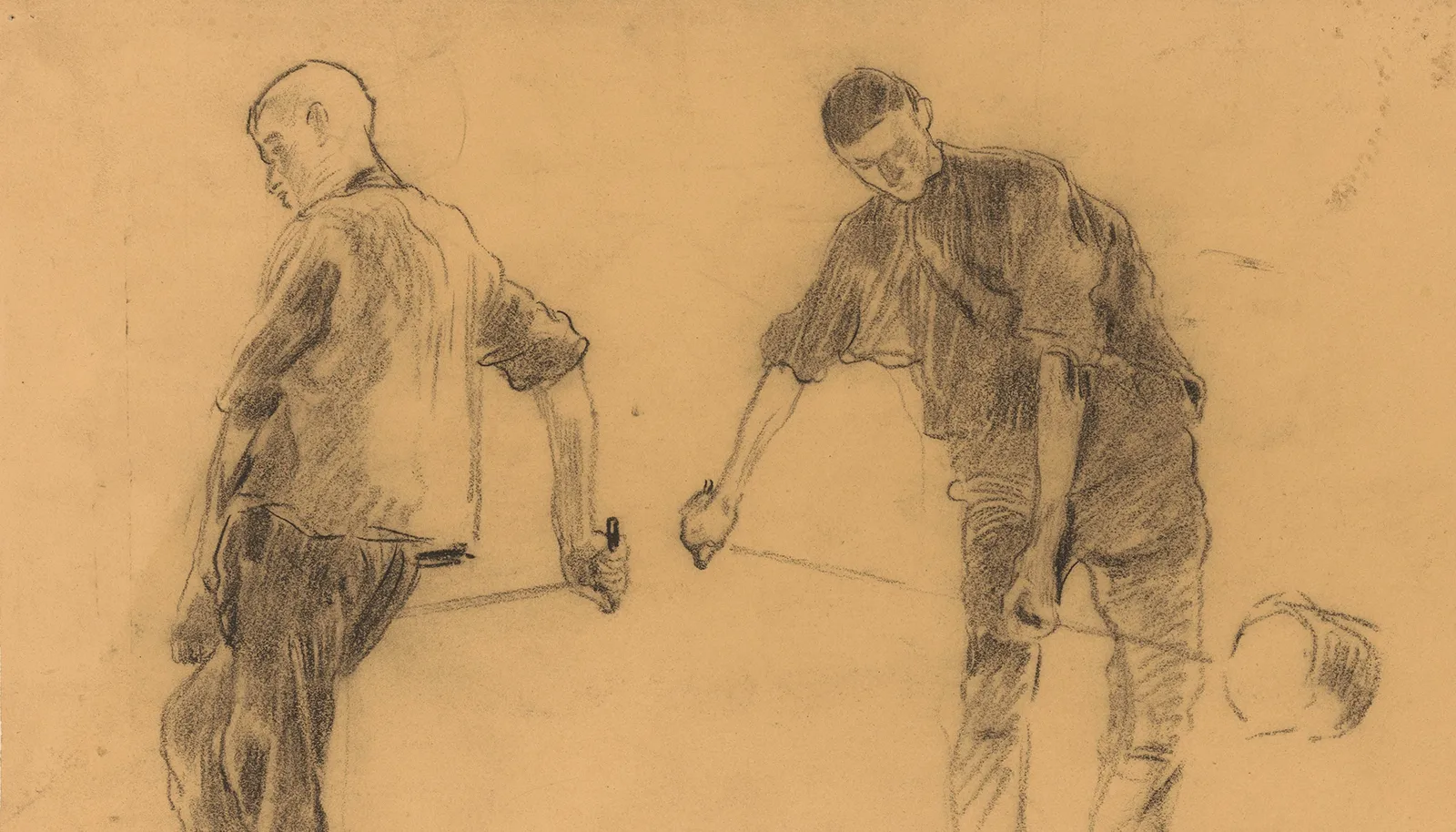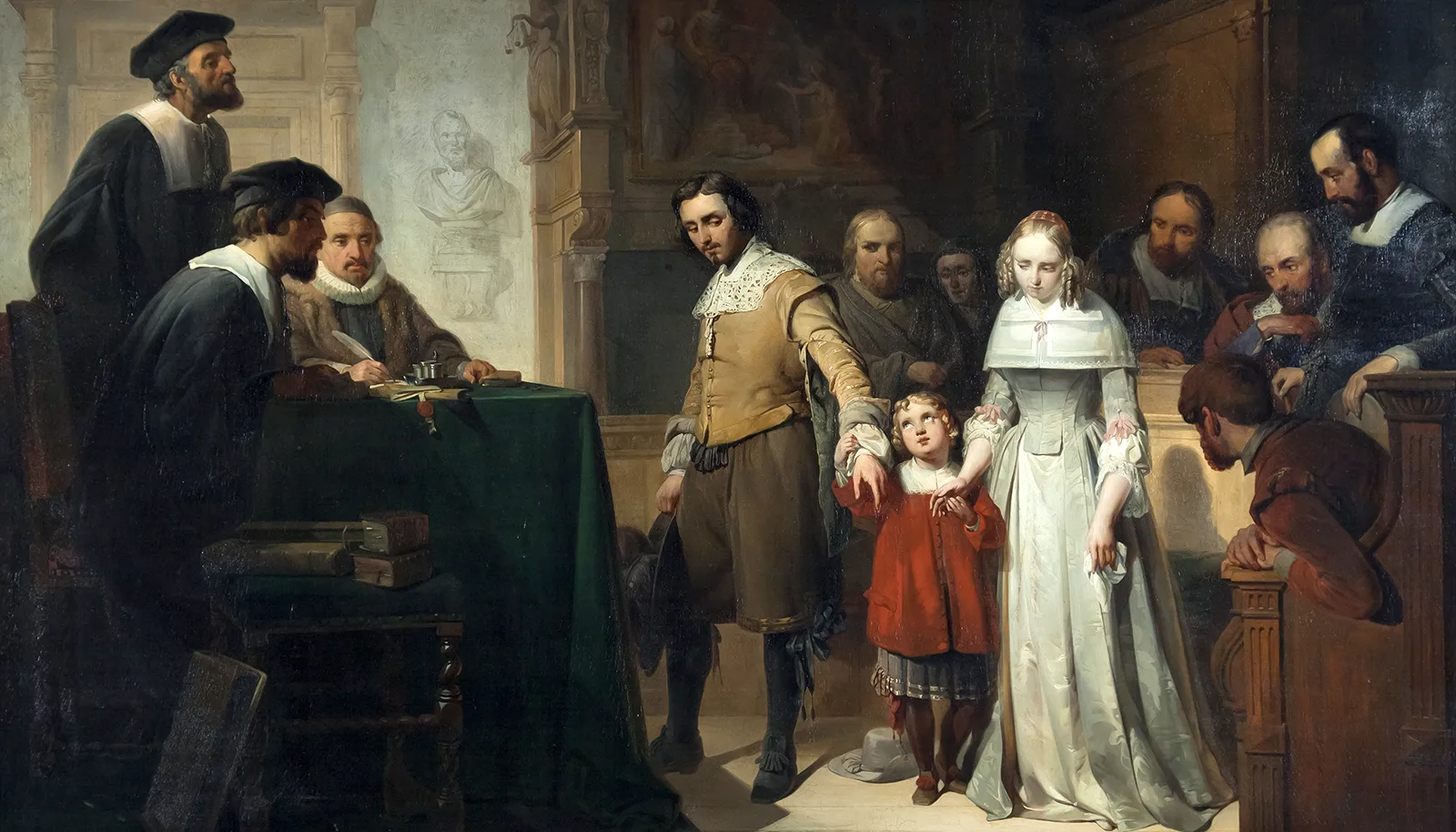
On June 5, 2025 the Dutch Immigration and Naturalisation Service (the IND) released an article, informing that the Netherlands will officially end the freeze on deportations and support for third-country nationals who previously held temporary residence in Ukraine. Third-country nationals with a temporary Ukrainian residence permit are individuals who are not Ukrainian citizens and were residing in Ukraine with a valid temporary residence permit before the war, and who have fled to another country, like the Netherlands, due to the conflict. This freese, which was officially introduced by the government in April of 2023 allowed such individuals to reside in the country, providing them access to housing, municipal support, and work rights while legal questions surrounding their status were resolved.
Legal Background
The freeze occurred due to uncertainty whether non-Ukrainians present in Ukraine prior to the conflict could access protection under the Temporary Protection Directive by the EU. In December 2024, the Court of Justice of the European Union (CJEU) ruled that these individuals could be exempted from protection. The Dutch Council of State concurred in April 2025, and the government lifted the freeze.
What Happens After September 4, 2025
What will happen next depends on each person’s legal situation. For those who did not appeal the end of their temporary protection or request another form of residence permit, the government indicates that they are required to leave the Netherlands four weeks after September 4. They can continue to reside in shelters up until then, but they will no longer be permitted to work.
Individuals who have requested asylum or are seeking asylum can remain until a final decision is reached. Asylum seekers will continue to receive assistance and accommodation from the Central Agency for the Reception of Asylum Seekers (COA). Individuals who have requested another form of residence permit—such as for work, studying, or family—can remain in the Netherlands legally but they will need to support themselves during the application process.
Next Steps and Government Notification
In July 2025, the IND will begin writing to individuals who have been impacted by this measure. They will be instructed on what to do. If an individual does not respond or appeal to a court, they may have to leave the Netherlands. Around 2,700 persons will be impacted when the freeze is over, most of whom arrived in the Netherlands after fleeing the war in Ukraine in 2022.
Conclusion
With the legal situation now clarified by both the EU and Dutch courts, the Dutch government is moving forward with ending the freeze. It is better for people to act now rather than wait—this could involve appealing, requesting a new residence permit, or preparing to leave voluntarily. To act at this time can determine an individual’s future, either in the Netherlands or somewhere else.






